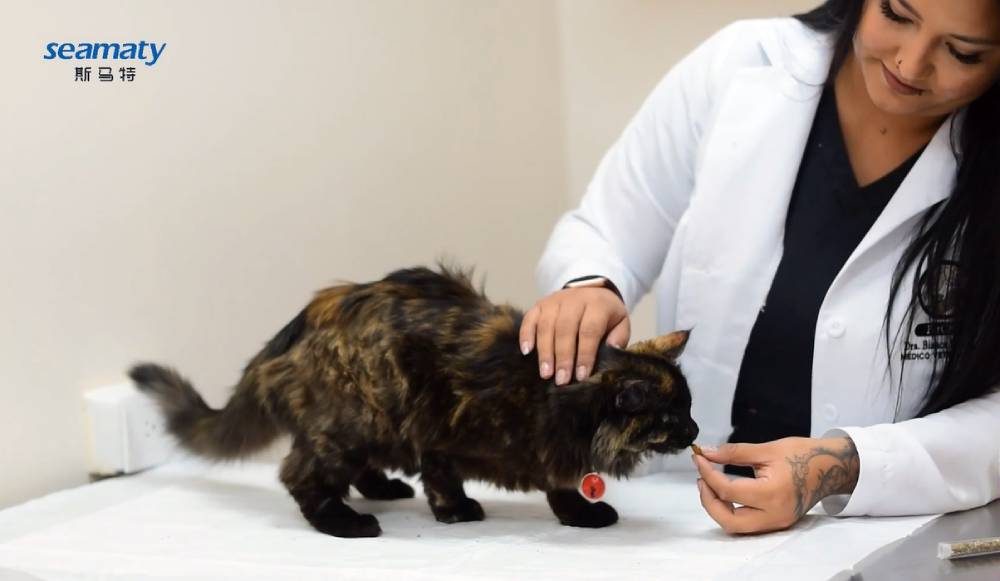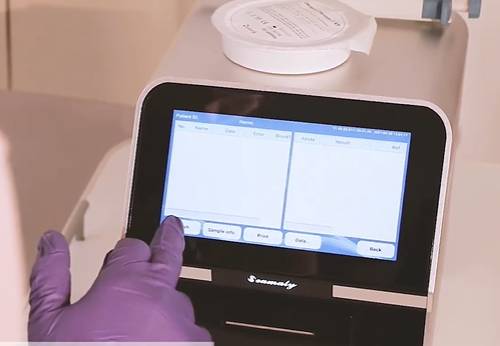release time:2021-04-21 10:50:27
Mood: Transportation and blood sampling of pets will cause stress reactions in animals, especially for cats, the concentration of serum non-esterified fatty acids, lactic acid, blood sugar, etc. will increase. Before blood sampling, pets should be comforted to reduce stress.
Movement: Strenuous exercise will cause the pet's ALT, AST, LDH, CK, and other indexes to increase over a period of time. In order to reduce the influence of exercise factors on the result, you can try to collect blood for your pet in the morning and avoid strenuous exercise before blood collection. After strenuous exercise, let him rest for at least 30 minutes before taking blood.
Infusion: The long-term infusion will dilute the animal's blood sample, causing certain indexes to below. During intravenous injection, high-concentration drugs enter the blood sample, which will cause great changes in many test results. Therefore, samples should be taken 2 hours after the end of the infusion.

2021-04-22
The blood coagulation reagent with four indexes launched by Chengdu Seamaty Technology Co., Ltd. used with SMT-120V, an automatic biochemical analyzer, is suitable for preoperative examination of pets, which can help doctors to understand whether the animal's hemostatic function is defective. The preoperative examination can prevent intraoperative bleeding.

2021-04-22
Compared to human medical testing, abnormal samples account for a larger number of blood samples that can be collected by veterinarians. When collecting blood, what should be done with abnormal samples such as lipemia, hemolysis, jaundice and coagulation?

2021-04-20
Generally, blood samples for veterinary biochemical testing can be divided into three types: whole blood, serum and plasma.Anticoagulated whole blood is the most common type of sample in veterinary biochemical testing. For anticoagulation tubes, different colors of anticoagulation tubes represent different anticoagulants and uses.